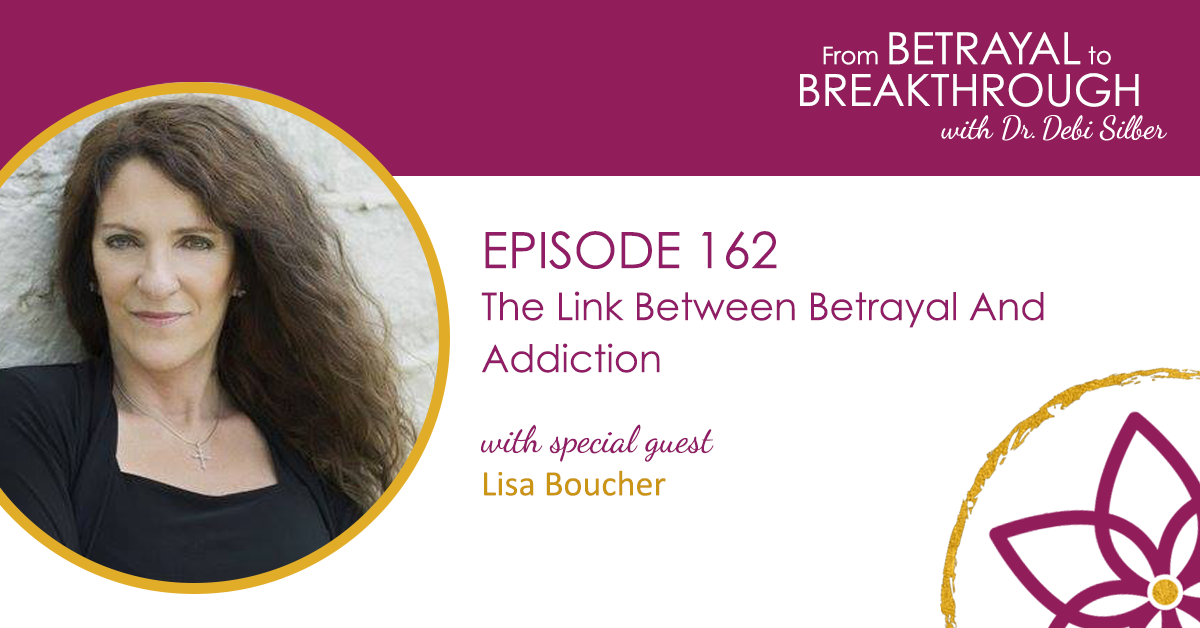


In order to believe that there’s not a link between perfectionism and alcoholism-we’d have to be willing to overlook a whole chorus of voices. I’ve talked with scads of women, most of them now in recovery, who were quick to say that for many of them, underneath their battle with alcoholism was an unrelenting perfectionist underneath thoughts of suicide and self-harm was a pitiless perfectionist.

Perfectionism can show up as low self-esteem, and maybe it starts for some in their teenage years when life is confusing for everyone and hardly anyone has the skills to look within, so we look outward toward other things or people to help soothe the fear, anxiety, and any other emotion that is too damn difficult to deal with at the moment. We’re human we’re incapable of perfection. Does perfectionism give birth to alcoholism? It’s entirely possible that perfectionism feeds the drinking because at the bottom of all that perfectionism is usually someone who doesn’t feel okay in their own skin-the person who can’t breathe because their chest feels tight and they can’t divorce that feeling of aloneness that’s enveloped them since childhood perfectionism is about the masks we wear in hopes that no one will notice that underneath the polished exterior is a drowning soul desperate for some relief from the voice in their head that says do more, be more, do just one more thing and then everything will be perfect-but the truth is that nothing in life is ever perfect, nor should it be. I’m not sure anyone could provide a definitive answer to the above question, but after twenty-nine years in recovery, I can tell you that the theme of perfectionism crops up over and over again in recovery rooms. If you can relate to the above sentence, even a little, keep reading…Īre we so worried about being perfect that we drink ourselves into alcoholism because of the lofty expectations that we impose on ourselves? Help! I can’t breathe I feel I may suffocate under the delusion that I can still find a way to be perfect.


 0 kommentar(er)
0 kommentar(er)
